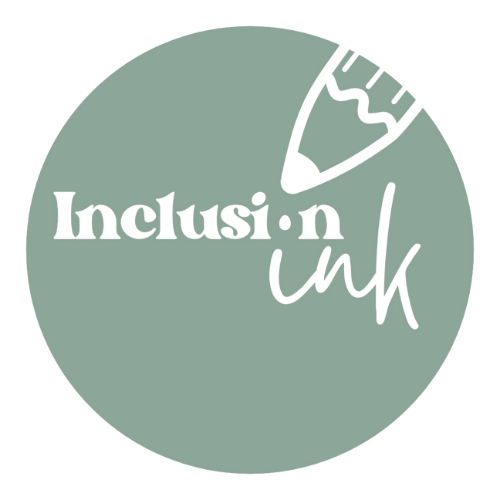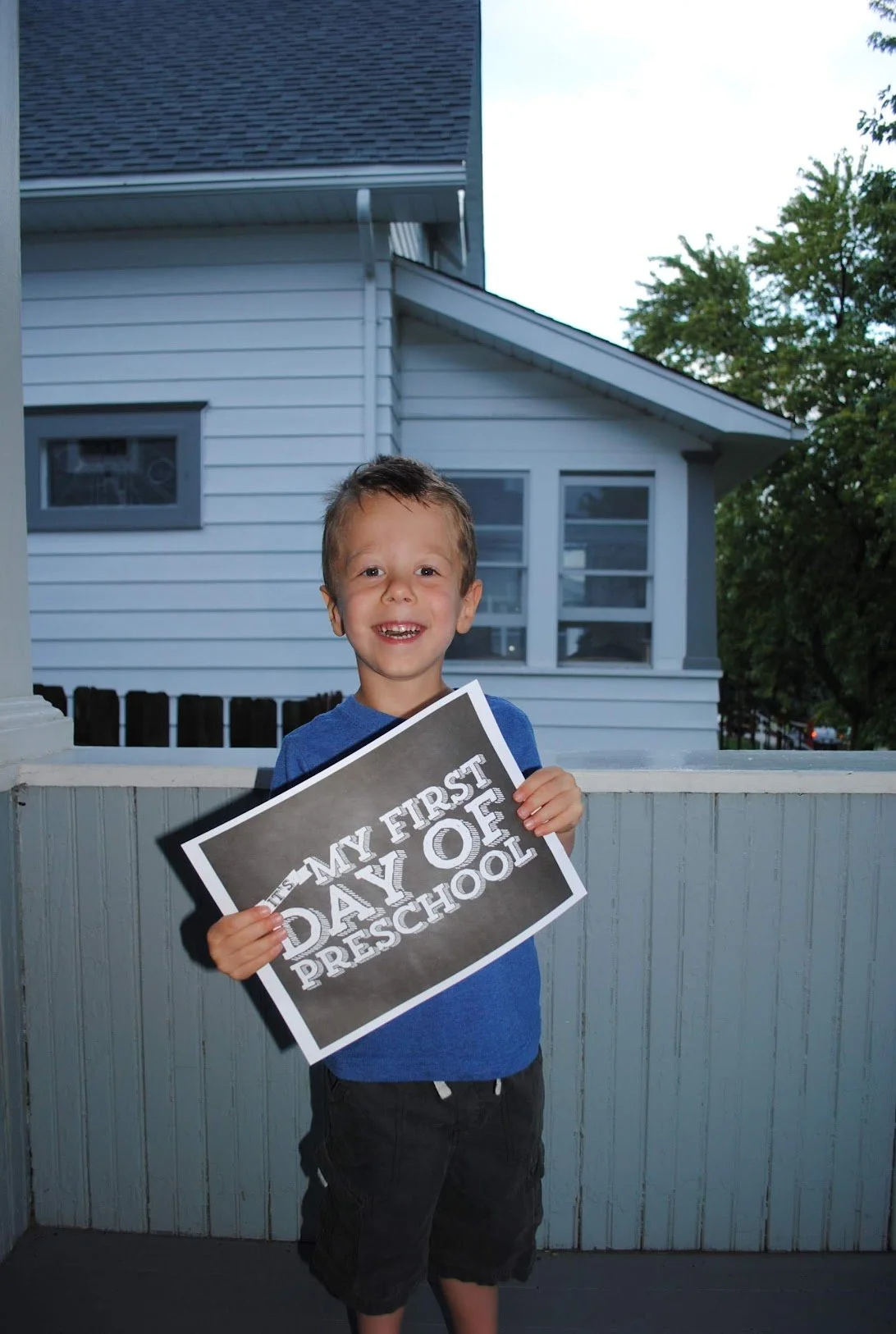First School Experiences
My son, Sam, on
his first day of Preschool!
The Transition from IFSP to IEP, and ECSE!
Early Beginnings: Therapy and YMCA
Twelve years ago, our son Sam was receiving every therapy imaginable: occupational, physical, speech, feeding therapy—you name it. I was a stay-at-home mom with 2.5-year-old twin boys and a baby boy. We were scraping by every month but somehow managed to enroll our twins in a Two’s Program at our local YMCA. They went twice a week for 1.5 hours, and it was magical. I even managed to put our baby in daycare! (I think the program was meant for parents to get a workout in, but half the time, I found a chair and took a nap.)
During those three hours a week, I got a glimpse into how amazing it was for our boys to be around other kids their age. Sam had extreme medical needs that made this impossible before, and I always felt guilty about it. I loved seeing him with peers—even though he couldn’t do much with them, he thrived in an environment with typical children.
Transition to ECSE: Overcoming Panic and Finding Support
When it came time to send Sam to preschool (ECSE - Early Childhood Special Education), I panicked. We had built an amazing network of friends and support staff who understood not only Sam but our whole family. They knew we had no nearby family, my husband worked insane hours, and Sam’s therapy was a full-time job. Saying goodbye to his Early Intervention team, our comfort, was daunting.
We lived in Omaha, NE, and the ECSE preschool was inclusive—half the children were “typical” and the other half had special needs. I was elated! But they didn’t have a spot for Jack (this program is highly sought after in Omaha for “typical” kids). As a mom now managing four kids at three different schools, I can laugh at how stressed I was over the idea of two different preschools, but at the time, it was a dealbreaker. I couldn’t imagine separating them, and I needed to be confident Sam would thrive in his preschool setting.
Finding a Safe Haven: Returning to the YMCA
So, we turned to our YMCA program. Sam wasn’t diagnosed with Autism yet, but he had a feeding tube, trouble walking, and was clearly behind in most areas. The YMCA welcomed us with open arms and asked how they could make us feel comfortable.
Navigating the IEP and Continuity of Services
The next step was to inform our case manager we wouldn’t attend the ECSE preschool. I was nervous this would mean Sam wouldn’t be eligible for the services outlined in his new IEP (Individualized Education Plan), but there’s a beautiful provision called Continuity of Services. This means that Sam (and all children on an IEP) would still receive services—whether in public schools, private schools, or even at home, depending on what’s appropriate.
We decided Sam would attend the YMCA preschool four days a week. I wanted him to feel completely “normal,” so I turned down their offer to provide services during school hours. Instead, we scheduled all service minutes after school and continued his private therapy. If I remember correctly, Sam was receiving nearly 10 hours of therapy per week—at three years old.
Balancing Family Life and Therapy
I was breaking. Not only did I have a child with special needs, but he also had a twin and a little brother. This wasn’t a childhood. They spent more time at their brother’s therapies than playing. I called a meeting with his IEP team, and we decided Sam would continue with only private therapy (thanks to Medicaid, cost wasn’t a factor). I felt strongly that Sam needed therapy outside the home. In a beautiful twist of fate, Nebraska had recently approved Respite help. I could hire help for Jack and Eli, so they could stay at home or go to playdates while I brought Sam to therapy. It was amazing, and I will sing the praises of Respite to anyone who will listen.
Monthly Check-ins and Continuous Support
To keep Sam on his IEP, we didn’t discontinue services altogether. We had monthly check-ins, with therapists visiting to focus on Annual Goals and Progress Monitoring. We involved his private therapists and relied on them for necessary information, but many check-ins centered around my thoughts as a parent. The team valued my feedback, and while our path wasn’t typical, it was perfect for us.
Moving Back Home and Starting Fresh
When we moved back to our hometown, Claire was 2.5 and services started almost immediately. Because of her age, the discussion about ECSE began early. Even before moving back, I reached out to our local school district and learned their preschool wasn’t inclusive. I had a lot of feelings about that, but I wanted to try. Claire’s needs were different from Sam’s, and it wouldn’t hurt to try. Plus, with grandparents nearby, I had help with transportation.
Double Duty: ECSE and Montessori
Never content with things being too easy, we decided Claire would also attend a preschool after her ECSE preschool. She had thrived in a Montessori preschool before, and the local Montessori was thrilled to have her. The entire team was incredible—everyone attended her IEP meeting, and her previous teacher and IFSP (Individualized Family Service Plan) team sent personal emails. It went as smoothly as possible.
Recommendations for Parents Entering the ECSE/IEP Stage
What would I recommend to parents entering the ECSE/IEP stage? First, breathe. I know how monumental this step feels. Then, be sure to ask these questions of your IEP team and work through your feelings with my workbook, found here:
Who are the members of the IEP team, and what are their roles?
How can I contact team members if I have questions or concerns?
What do you feel are my child's strengths and areas of challenge?
How will these be addressed in the IEP?
What special education services and supports will my child receive?
How often and for how long will these services be provided?
What strategies will be used to support my child's participation with peers?
How will my child be included in general education activities and settings?
How will my child’s social interactions with typically developing peers be facilitated and supported?
How will the school communicate with me about my child's progress and any concerns?
Who is my main point of contact for questions or issues related to the IEP?
Even if your preschool isn’t inclusive, it’s still crucial to ask these questions—the team needs to take ownership of inclusive practices.

